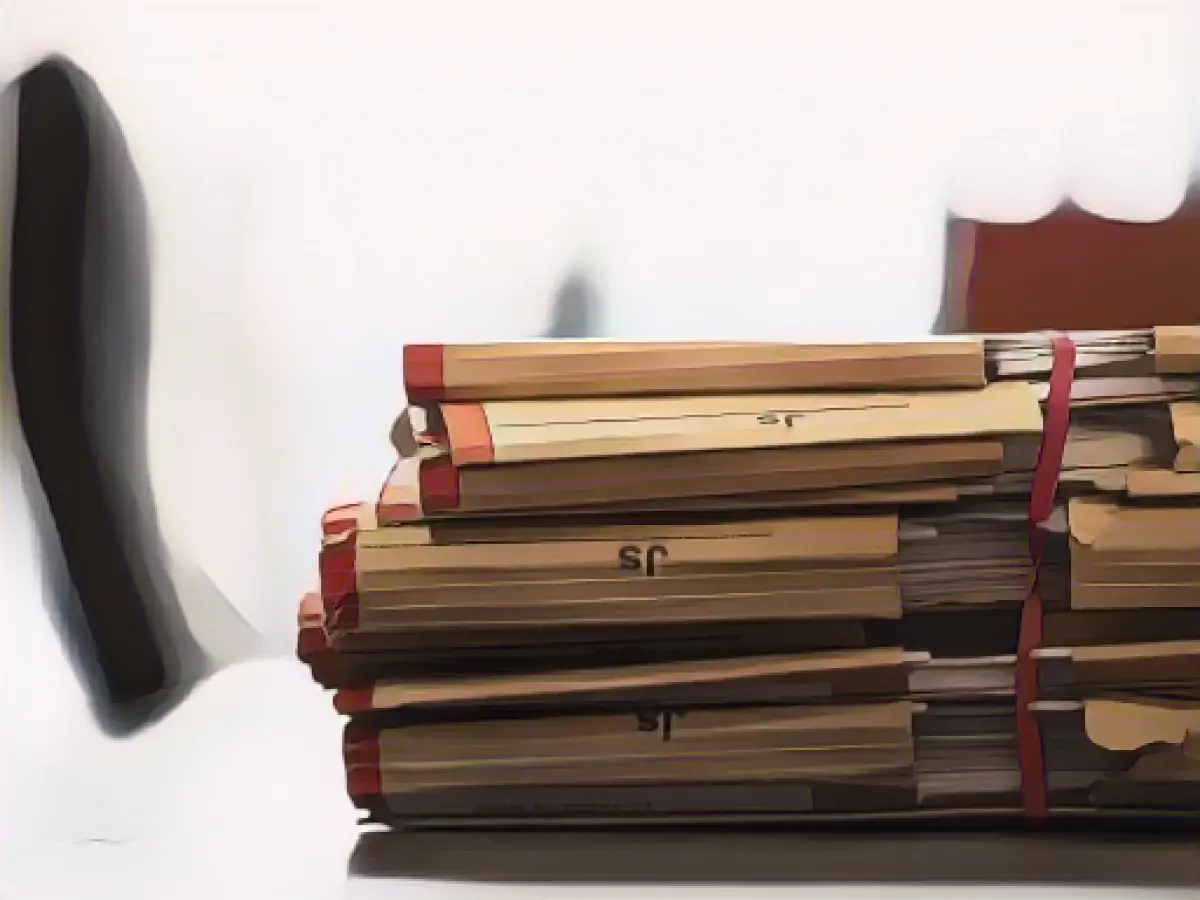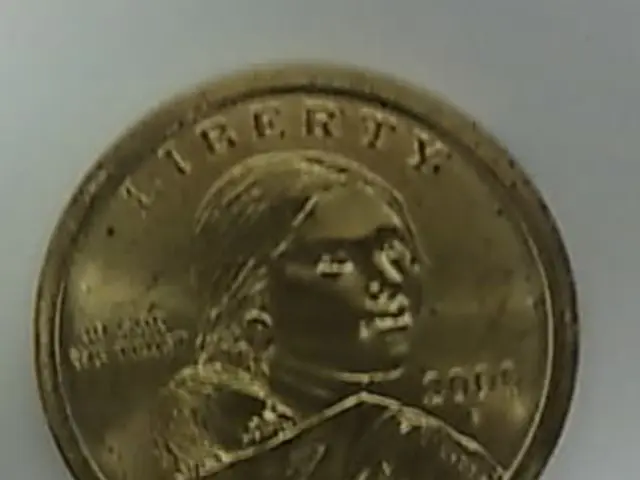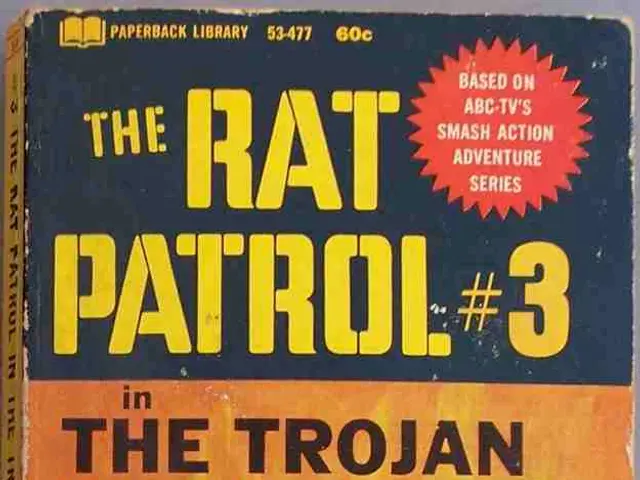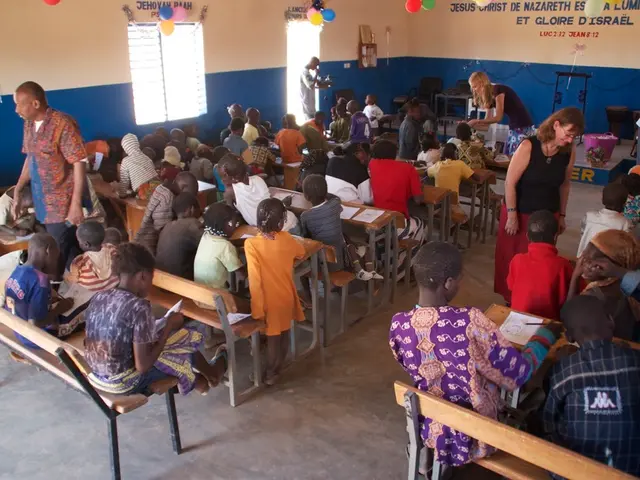Radio Dreyeckland Editor's Search Vindicated
In a surprising turn of events, a recent court ruling has declared the search conducted on an editor at Radio Dreyeckland in Freiburg, initially deemed unlawful, as legitimate. The Stuttgart Higher Regional Court justified this decision based on a concrete suspicion at the time, which was later corroborated by the public prosecutor's office in Karlsruhe.
The investigators had paid a visit to not one, but two residential apartments and editorial offices of the non-commercial broadcaster in Freiburg, sparking controversy. The reason behind this intrusion? The broadcaster’s homepage had published a report containing a link to an archive of the outlawed association "Linksunten.Indymedia."
Radio Dreyeckland, a pioneer in the field of free radio broadcasting, initiated further legal measures upon this verdict. Considering this development, legal expert David Werdermann from the Berlin Society for Civil Liberties suggested possible recourses, such as submitting a constitutional complaint. Werdermann's civil rights organization had previously lodged a complaint against the search.
According to the spokesperson for the public prosecutor's office, the court's decision solely pertained to the editor's search. The status of the other searches remains undecided.
The prosecutor's office in Karlsruhe had admitted charges against the editor in question before the State Protection Chamber of the Karlsruhe Regional Court in June. Allegations against the journalist include supporting the banned organization by linking to it. The case is set to proceed in April before the Karlsruhe Regional Court.
The association "Linksunten.indymedia" was banned and dismantled by the Federal Ministry of the Interior in August 2017 following violent disturbances during the G20 summit in Hamburg. Demonstrators accused the platform of inciting left-wing extremist crimes. Thomas de Maizière, then-Federal Minister of the Interior (CDU), considered "Linksunten.Indymedia" as the most significant platform for violent left-wing extremists in Germany.
This court decision has reignited a heated debate surrounding the boundaries of free speech, investigative journalism, and the liability of linking to banned organizations.
Additional Insights:
- German Context: The case has rekindled the ongoing debate around the search and seizure of individuals and organizations related to "Linksunten.Indymedia." The platform, banned by the German government in 2017, has been in the crosshairs of authorities since then, with numerous legal actions against its associates.
- Legal Actions: In Germany, support or promotion of banned organizations can result in severe consequences. This can span from police summons, fines, and even imprisonment. For instance, a nurse in Bremen was fined €500 for refusing to disclose information about her associations with Daniela Klette, a former RAF (Rote Armee Fraktion) member, and was subsequently subjected to a visitation ban[2].
- Protests and Solidarity: The case has sparked protests and solidarity efforts. Groups rallying for the support of individuals, like Daniela Klette, have voiced concerns about freedom of speech, political persecution, and erosion of civil rights[2].
- Historical Context: The current actions against individuals and organizations bear a resemblance to the "Deutsche Herbst" (German Autumn) of the late 1970s, marked by intense repression of left-wing individuals and organizations. Critics argue that these actions are part of a broader pattern of political persecution reminiscent of that period[2].
Despite the broader context, the specifics of the Radio Dreyeckland editor's case have received extensive media coverage, prompting further discussion on the limits of free speech and investigative journalism in relation to banned organizations.








